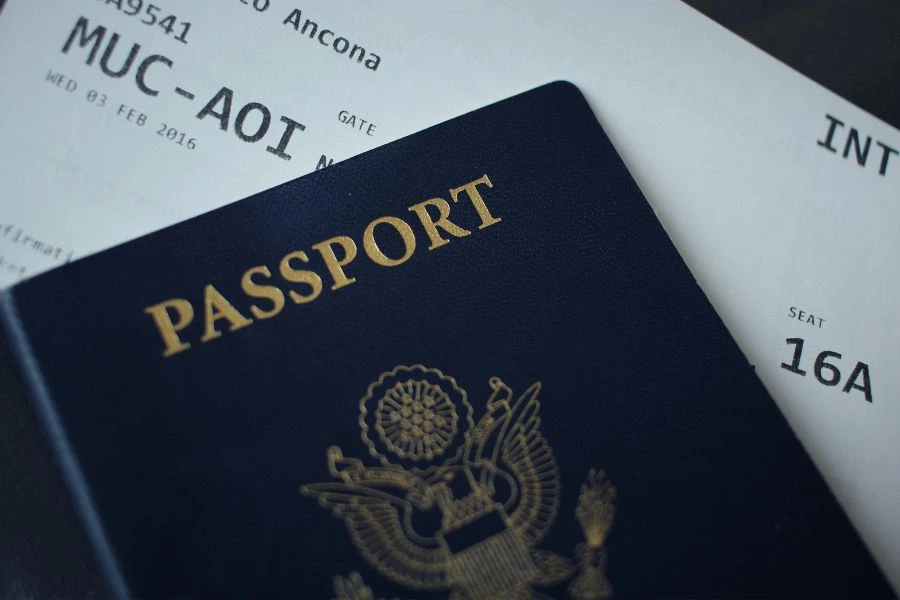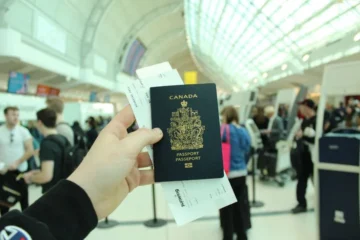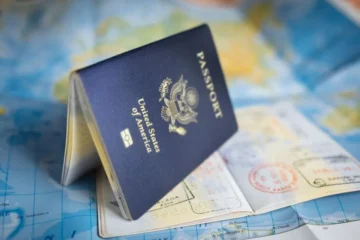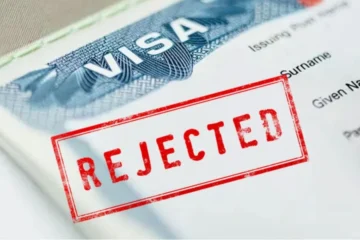Getting a German visa refusal in 2025 can feel like slamming into a brick wall—especially if you had plans to study, work, or join family. But here’s the good news: not all rejections are final. Germany gives you the right to appeal, and if done correctly, it could overturn the decision entirely. Whether you’re holding a rejection letter with a vague explanation or one filled with specifics, you still have options.
So, what can you do when your visa gets denied? Is it better to appeal or reapply? And how long will this whole process take? Let’s unpack the German visa rejection appeal process for 2025 step-by-step.
Key Takeaways
Why Was Your German Visa Rejected?
Before diving into appeals, understand why your visa was refused in the first place. Common reasons include:
- Incomplete documents
- Weak financial proof
- Doubt over your intention to return home
- Unclear purpose of stay
- Lack of language proficiency (especially for student or family visas)
Sometimes, the rejection is due to something fixable—like missing paperwork—or something more complicated, like the embassy questioning your motivation. The better you understand the refusal reason, the stronger your appeal will be.
What Is the Appeal Process in Germany Called?
In Germany, the appeal process is called “Remonstration.” It’s a formal objection to the embassy or consulate that denied your visa. You’re telling them, “I disagree, and here’s why.”
Remonstration is the first and most commonly used option. If this doesn’t work, you can take it a step further and file a lawsuit in a German administrative court—but that’s a last resort.
Also Read: Which Universities in Germany Let You Study Without IELTS in 2025?
How to Start Your Appeal (Remonstration) in 2025
You’ll need to submit a written remonstration letter in German (or sometimes English), explaining why the visa decision was incorrect and providing evidence to back up your claim.
Here’s what to include:
- Your full name and visa file number
- A copy of the rejection letter
- Your reasons for disagreement
- Clarifications or new evidence (e.g., extra documents or updated financials)
- Your signature
Make sure to send it within one month of the date the rejection letter was issued. That deadline is strict—if you miss it, your only option may be to reapply.
Should You Use a Lawyer for Your Visa Appeal?
This is where things get tricky. While it’s not legally required to hire a lawyer for a remonstration, many applicants feel overwhelmed by the process, especially when the refusal reason is vague or hard to interpret.
If you’re confident in your case and your documents, a DIY appeal might work. But if you’re dealing with a complex situation—like multiple refusals, legal complications, or family reunification—you may want to consult a lawyer or immigration consultant familiar with German visa appeals.
However, be mindful of costs. Immigration lawyer fees in Germany for handling a visa appeal can range from €300 to €1,000, depending on how much involvement is required.
What Happens After You Submit the Appeal?
Once the embassy receives your remonstration, they’ll review the new information and reassess your application. This could take anywhere from 2 weeks to 3 months, depending on your visa type and how busy the embassy is.

There are three possible outcomes:
- They approve your appeal and issue the visa.
- They reject the appeal with additional reasoning.
- They don’t respond at all—in which case, after a few months, you may want to consider other options like reapplying or going to court.
Can You Reapply Instead of Appealing?
Yes, and sometimes it’s the smarter move. If your rejection reason was simple—like missing a document or not having enough funds at the time—it might be easier to submit a new application with corrected documents.
But if the refusal points to deeper issues—like doubts about your intent or poor justification of your travel purpose—then an appeal is usually the better way to go. Reapplying without addressing the root cause won’t magically improve your chances.
Common Mistakes to Avoid During the Appeal
If you’re going to appeal a visa rejection, make sure to avoid these classic errors:
- Submitting the same documents without clarification
- Using emotional or angry language in your letter
- Missing the one-month deadline
- Not translating your documents properly
- Ignoring the original rejection reason entirely
Keep your tone professional, focus on facts, and support everything with valid documentation. That’s what German visa officers are trained to respond to.
Final Thoughts: Be Prepared and Stay Calm
Facing a German visa rejection in 2025 doesn’t mean the door is closed forever. If you believe the decision was unjust or hasty, the remonstration process gives you a second shot. Just make sure you move quickly, stay organized, and think critically about whether an appeal or reapplication is best for your situation.
And if you feel lost in the paperwork jungle, don’t hesitate to seek professional guidance. In many cases, it’s not about who you know, but how well you can show what you know.
Reference: https://www.germany-visa.org/denial/





